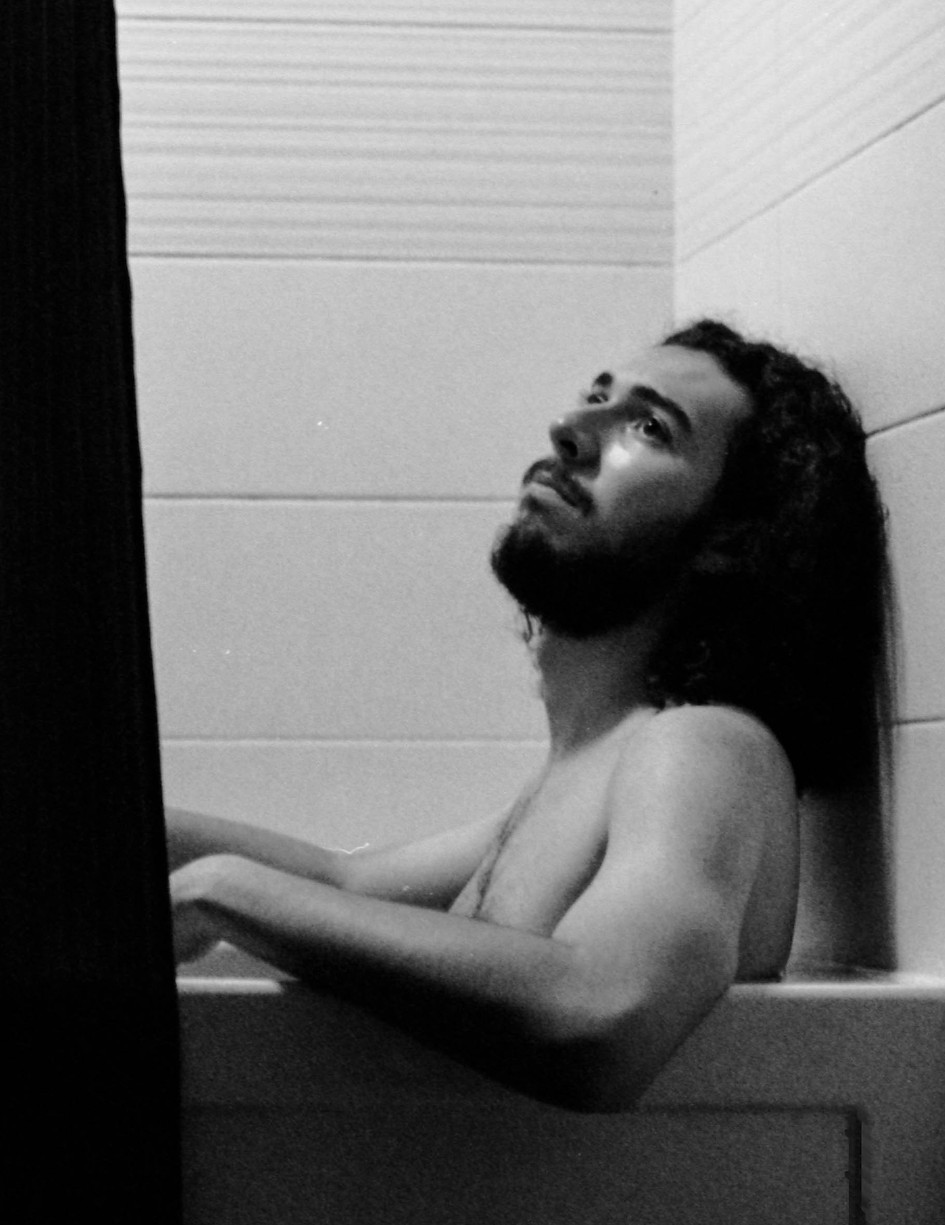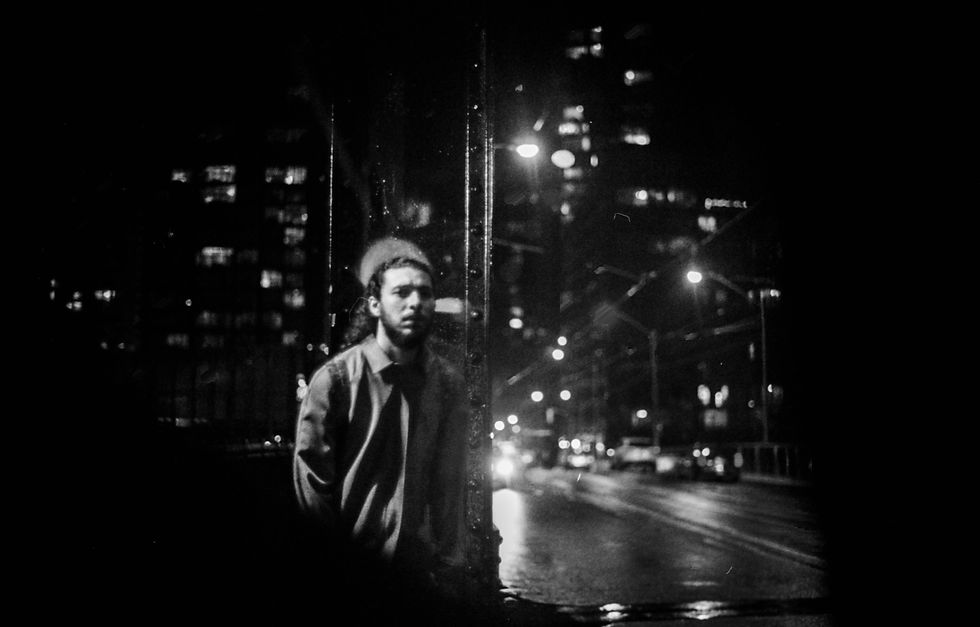.jpg)
SEBASTIAN EGUIARTE
WRITTEN BY: SEBASTIAN EGUIARTE
PHOTOS BY: BRIANA LEUNG
STYLED BY: DYLAN LORRIMAN
Sebastian Eguiarte is a director/producer/cinematographer from Mexico City who was raised in Tokyo, and currently lives and works out of Toronto. His work aims at building bridges between different peoples, cultures, and traditions that reflect his own multicultural upbringing. Apart from developing his own and his friends’ projects, Sebastian has worked in the production department for a number of Canadian feature films, including Matt Johnson’s latest film “Blackberry”, which premiered at the 2023 Berlin International Film Festival and Kazik Radwanski’s upcoming feature. He's currently wrapping up his BFA in Film Production at York University and is looking forward to continue his filmmaking pursuits in its many mediums and forms after graduation.
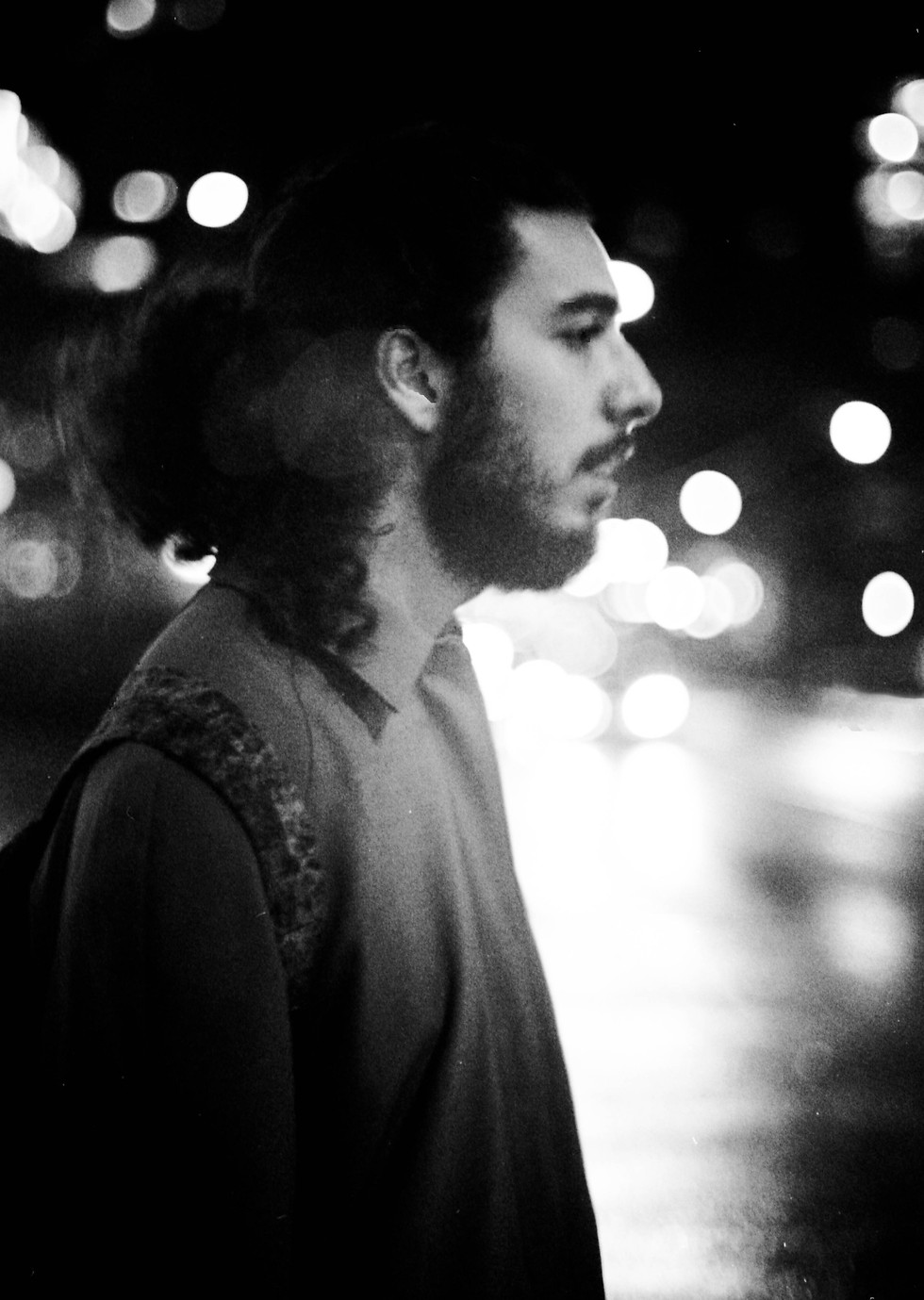
In conversation, I often get asked “where are you from?” or “where do you consider home?”. On the surface, they’re both innocent questions, and I don’t mind answering them at all. I mean, everyone is born and raised somewhere, right? Unfortunately, things are not that simple, so my answer usually begins with something along the lines of “it’s complicated”. Nowadays, as a direct result of the globalisation of the last half-century, I’m a part of an exclusive club of kids known as “third culture individuals”. The YouthTime Magazine has a better definition than I can think of for what we are. It’s quite simple: “third-culture individuals (TCI) are people, who were raised in a culture other than their parents or the culture of their country or nationality”. Basically, being a TCI means you’re not from anywhere but an amalgamation of everywhere you’ve lived and everyone you’ve been around. We are the living, breathing result of the homogenization of society. Human Fondues. Melting-Pot Men.
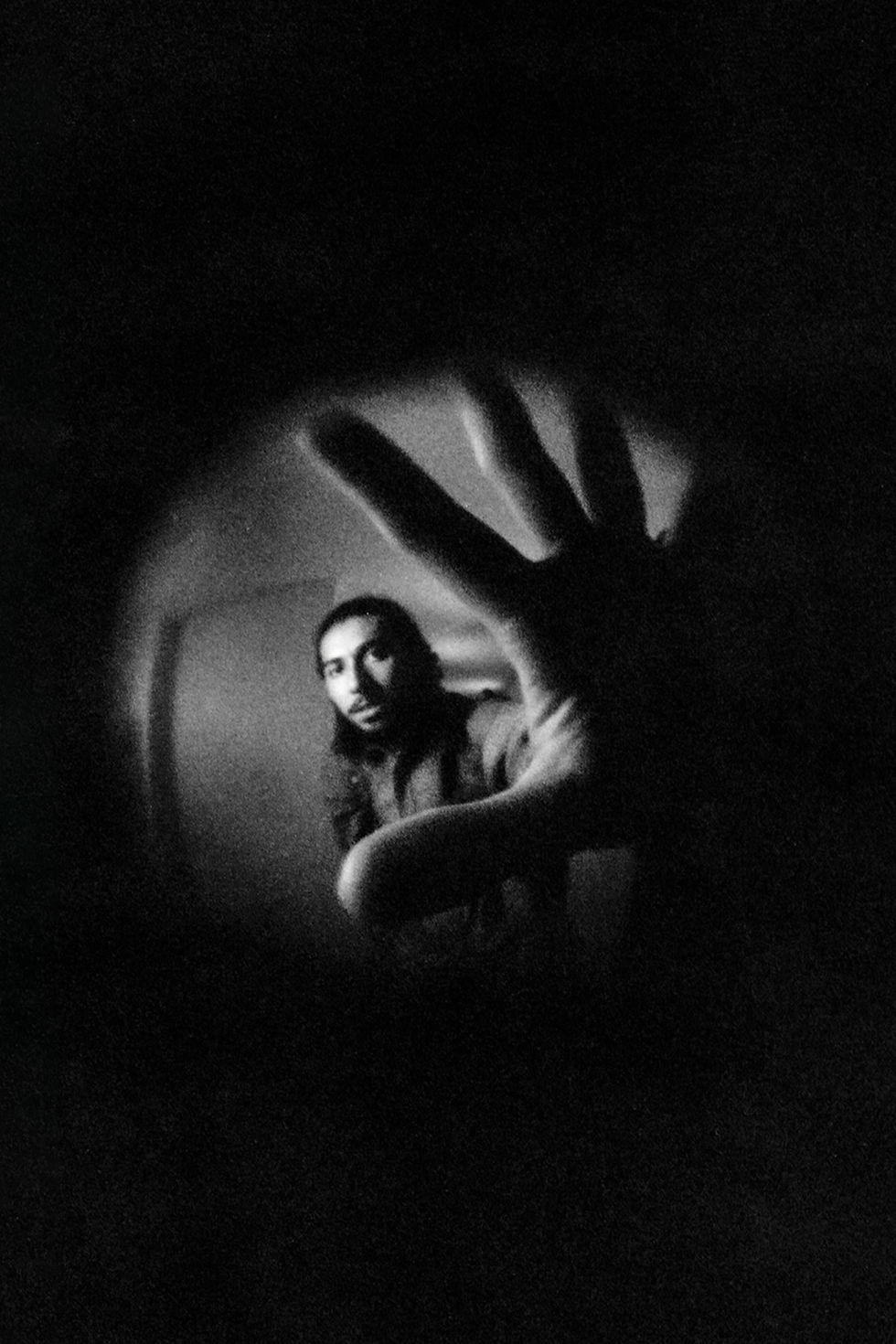
I’ve read a lot of comic books in my free time since I was in elementary school and one of my favourites has always been Adam Strange. He’s basically a human archaeologist who accidentally gets teleported to the alien planet of Rann by their leader with a Zeta Beam, a ray that can transport matter over light years of distance for a limited period of time. However, as a result of the effects of the Zeta Beam, he can only stay in Rann for a limited period of time, meaning his time there is always finite. Whenever the beam wears off, he gets teleported back to Earth. As a result of this constant back-and-forth between Earth and Rann, over time, Adam Strange develops a sense of detachment from both worlds knowing his time is limited in each world. Adam Strange describes this in Tom King’s Heroes in Crisis #9, saying “I am a man of two worlds. Which means I belong everywhere. Which means I really don’t belong anywhere.” The result of belonging to so many places at once really makes one feel they’re not good enough to be from that one place due to our association with other places.
In my case, I was raised by Mexican parents in Tokyo for over 14 years. Even though I’m from Mexico, I’ve never actually lived there. I only go back for the Christmas holidays – they’re a huge deal for me and my family because I only get to see everybody once a year. Growing up, I was always both excited and terrified of going back. Even though I get to see all my grandparents, cousins, aunts, and uncles – they would all also change each time. My cousins would be slightly taller, my uncles would have a few more grey hairs, my aunts would have a couple more wrinkles (don’t tell them I said this), and my grandparents would slowly worsen in health. Missing out on the good times means missing out on the difficult times as well. At the end of the year, when we sit around the table at Christmas the most devastating thing is seeing an empty seat, one that was filled last time I was around. One of the hardest things about not always being there means having to deal with the guilt of not feeling present for the people you love.

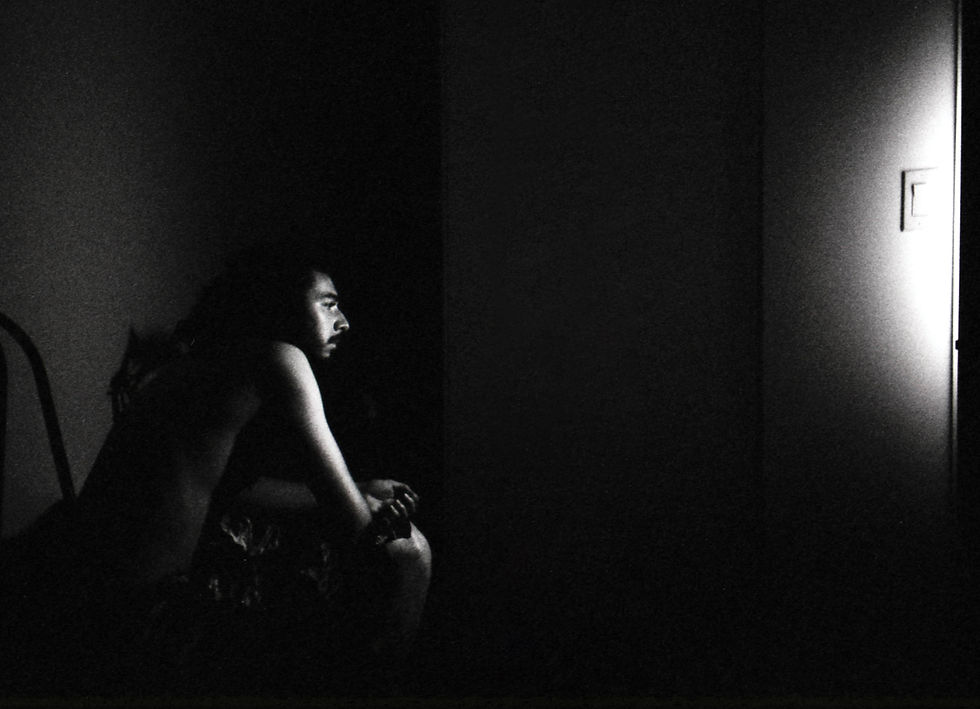
Even though I wouldn’t trade my experience for the world, growing up in Tokyo brought its own set of challenges as well. When I was younger, all I wanted to do was fit in with the rest of the kids, but being a foreigner, that was always going to be an impossibility in a country that embraced homogeneity and continues to have such a complex prejudice against anyone that isn’t Japanese. It didn’t help that compared to my Japanese peers, I would stick out like a sore thumb with my height and curly hair. I hated it because the other kids would always make me so self-conscious about it. I just wanted to feel included – a desire that ended up consuming the rest of my time in Tokyo. Instead of staying true to myself, and being who I wanted to be, I forced myself to change face around a lot of my Japanese friends so I could fit in.

Psychoanalyst Takeo Doi once coined the ideas of “本音" (honne) and “建前" (tatemae) in his 1986 book, The Anatomy of Self. Although these ideas do refer more specifically to the deep-rooted effects of shame, disapproval, and failure in Japanese society, I related a lot to what Doi described in his book as “being agreeable, but not directly saying or acting upon your true feelings”. In his writing, Doi describes honne as, “true sound”, our true feelings and intentions, while tatemae as, “built in front”, or a “facade”, the behaviour and opinions displayed in public. I would mostly keep to myself and agree with what everyone else was doing and saying around me because I didn’t want to create conflict and stir trouble, having the added extra layer of attention was unbearable. I didn’t know it at the time, but my goal after leaving Japan was to consolidate my honne and tatemae when I moved to Canada. Stay true to who I was and not have to adapt to fit in and express myself authentically. Especially as an aspiring filmmaker. How could I put myself out there, express my point of view, and make my voice heard if I wasn’t even willing to do so in my daily life? Something needed to change.

Moving to Canada was a chance for a fresh start, a new beginning where I could fully embrace my honne, my individuality shamelessly in the cultural melting pot that is Toronto. Say what you will about T-Dot, but of all the places I’ve been to, from my experience, you won’t find another one that will accept you and take you in for who you are and what you can offer. No matter where you’re from, or what your background is, Toronto is a city that inherently makes space for third culture individuals to feel at home. I moved here over four years ago to chase my dream of making a living working in film and settled on going to study my BFA on Film Production at York University. Now, while finishing up my degree, I’ve had the chance of being a part of two feature films over the last three months since finishing my final film courses because I’ve learned to not be afraid of putting myself out there anymore.
People around me, friends, professors, co-workers, and fellow filmmakers have taken me in with open arms and given me the space and confidence to be able to finally break free from my tatemae. I’m still trying to figure myself out, and I don’t think I ever will. I’ve come to terms with learning that it’s okay I don’t. Moving out to Toronto has put me on a path of clarity and community that I never experienced before and now have the opportunity to be a part of. My hope is that if you are reading this and are also struggling to find a place for yourself in this world, persevere, don’t be afraid, and step out of your comfort zone. You never know if that step you’re taking is one that will lead you on the right path in the journey towards being at peace with yourself and the world around you.
